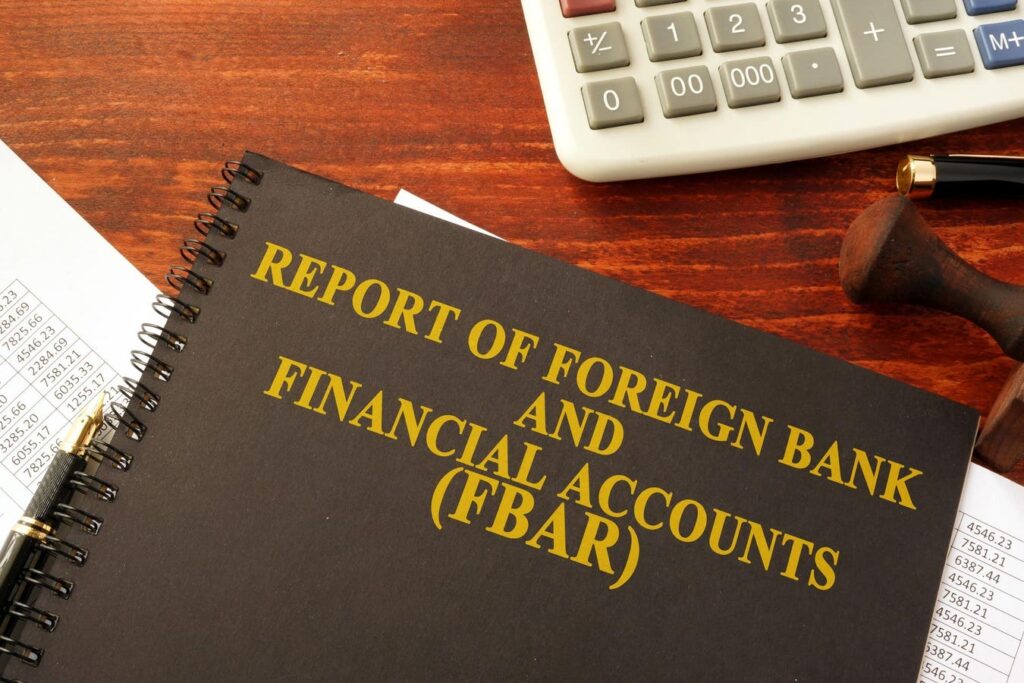In an era of increasing scrutiny on offshore accounts, the U.S. government has aggressively pursued individuals who fail to disclose their foreign financial holdings. The recent case of U.S. v. Leeds, (D. Idaho 2025) serves as a reminder of the consequences of noncompliance with the Report of Foreign Bank and Financial Accounts (FBAR) requirements.
U.S. v. Leeds: A Cautionary Tale
Richard Leeds, a U.S. citizen, maintained undisclosed Swiss bank accounts for over three decades, utilizing banking practices designed to conceal assets from U.S. authorities. When the IRS investigated, it found that Leeds had willfully failed to file FBARs for the years 2006 through 2012, leading to a penalty assessment exceeding $2 million.
Following Leeds’ passing in 2021, the government sought to recover these penalties from his estate and his surviving spouse, Patricia Leeds. The district court ruled that the penalties survived Richard’s death and were enforceable against his estate. However, the court found that applying the penalties to Patricia, who had no knowledge or control over the accounts, violated the Eighth Amendment’s Excessive Fines Clause. Consequently, the government was only allowed to recover the assessed penalties from the estate, not from Patricia individually.
Understanding FBAR Reporting Requirements
FBAR is a critical compliance requirement under the Bank Secrecy Act (31 U.S.C. Section 5314), designed to prevent tax evasion and financial crimes. U.S. persons—including citizens, residents, corporations, partnerships, LLCs, trusts, and estates—must file an FBAR (FinCEN Form 114) if:
- They have a financial account in a foreign country;
- The aggregate value of such accounts exceeded $10,000 at any time during the calendar year;
- They have a financial interest in, or signature authority over, the foreign accounts.
The FBAR must be filed electronically through the Financial Crimes Enforcement Network (FinCEN) by April 15 of the following year. Failure to comply carries significant civil and criminal penalties.
Penalties for Noncompliance
Penalties for FBAR violations vary based on the level of culpability:
- Non-Willful Violations: A maximum penalty of $10,000 per violation, though recent court decisions clarify that this applies per FBAR, not per account.
- Willful Violations: The greater of $100,000 or 50% of the account balance at the time of the violation, with penalties adjusted annually for inflation. For penalties assessed in 2024, the inflation-indexed maximum penalty is $161,166 or 50% of the account balance.
Lessons from Leeds: Compliance Is Key
The U.S. v. Leeds case highlights the IRS’s persistent enforcement of FBAR violations and the severe financial consequences for noncompliance. While Richard Leeds engaged in deliberate concealment, the court’s decision underscores the importance of individual culpability when assessing penalties.
For individuals and businesses with foreign financial accounts, strict adherence to FBAR reporting rules is essential. Proactive compliance, including full disclosure to tax preparers and legal counsel, can prevent costly penalties and legal battles. The case serves as a stark warning—hiding offshore assets is not worth the risk.
Read the full article here

